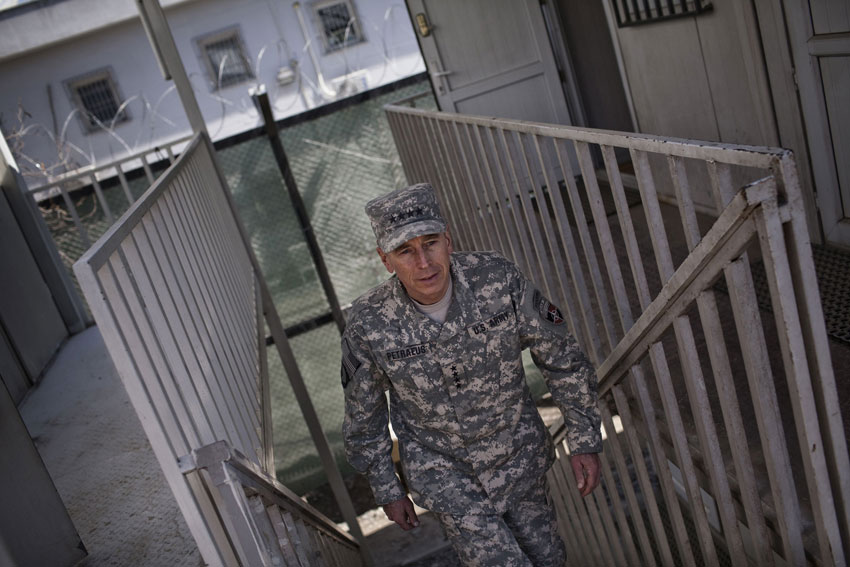
A decade of war has produced one of the most battle-tested, adaptive and innovative generations of military leaders the United States has ever known. At the pinnacle of that group is U.S. Army General David Petraeus.
I first met General Petraeus, 58, shortly after I became Defense Secretary in December 2006, and I recommended him soon after for the top job in Iraq. It is easy today to forget the grim situation that existed in that country, and for our country, at that time. But convinced that success was still possible — and using many of the tactics codified in the counterinsurgency manual that Petraeus had recently published — brave Americans and their local partners pulled Iraq from the brink of chaos and paved the way for an orderly U.S. military drawdown, leaving behind a nascent Iraqi democracy.
Last July, America once again turned to Petraeus at a time of need, this time in Afghanistan. There, U.S., coalition and Afghan troops have driven back the Taliban from their strongholds of Kandahar and Helmand and will begin transitioning some districts to Afghan security control this summer.
The fate of Afghanistan is still to be determined, and in many respects the Petraeus story is still being written. But we can say this much with certainty: he is the premier soldier-scholar of his time, an officer who has twice altered the course of military history for the better and an American patriot worthy of our deepest gratitude and respect.
Gates is the Secretary of Defense